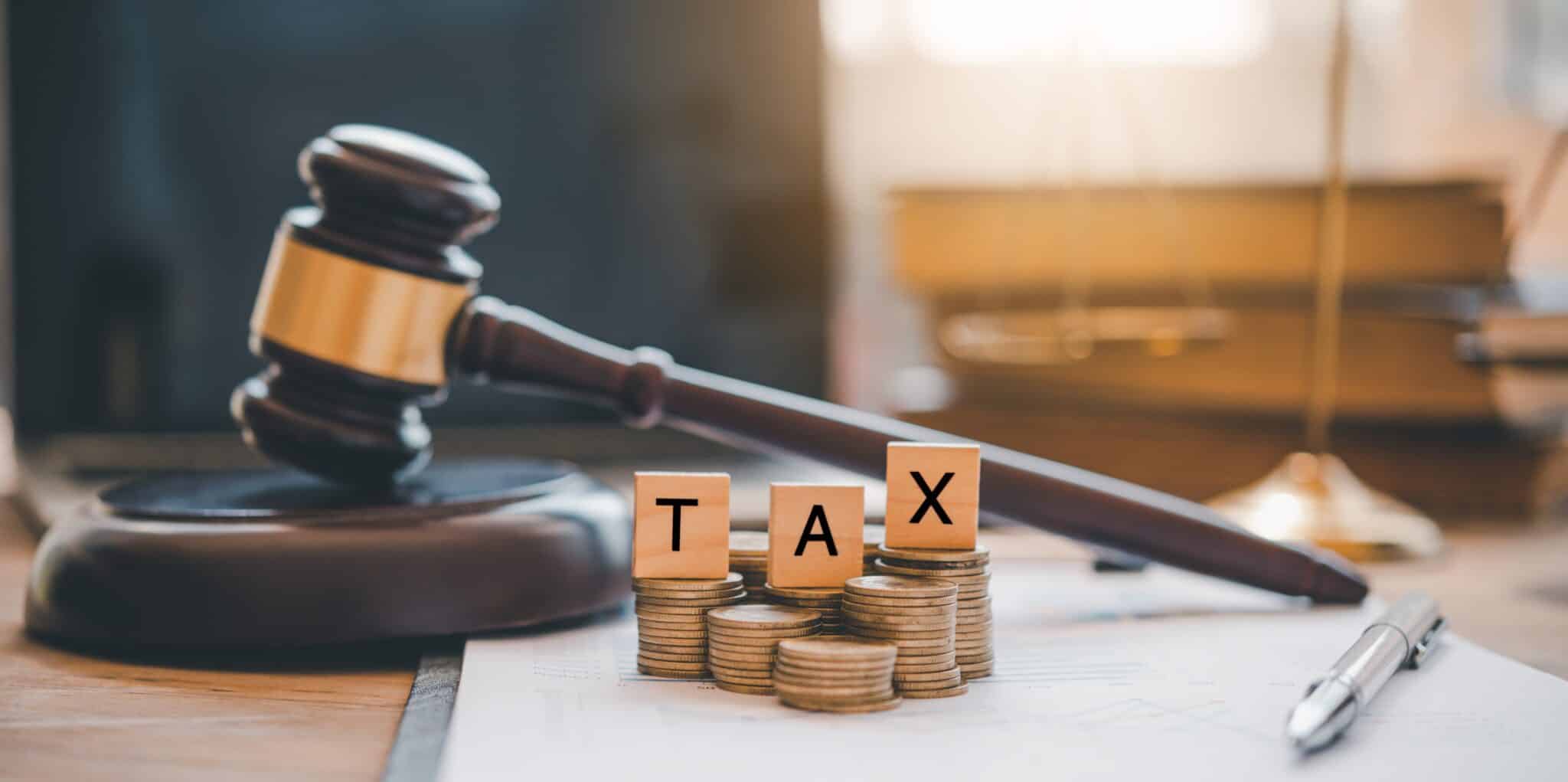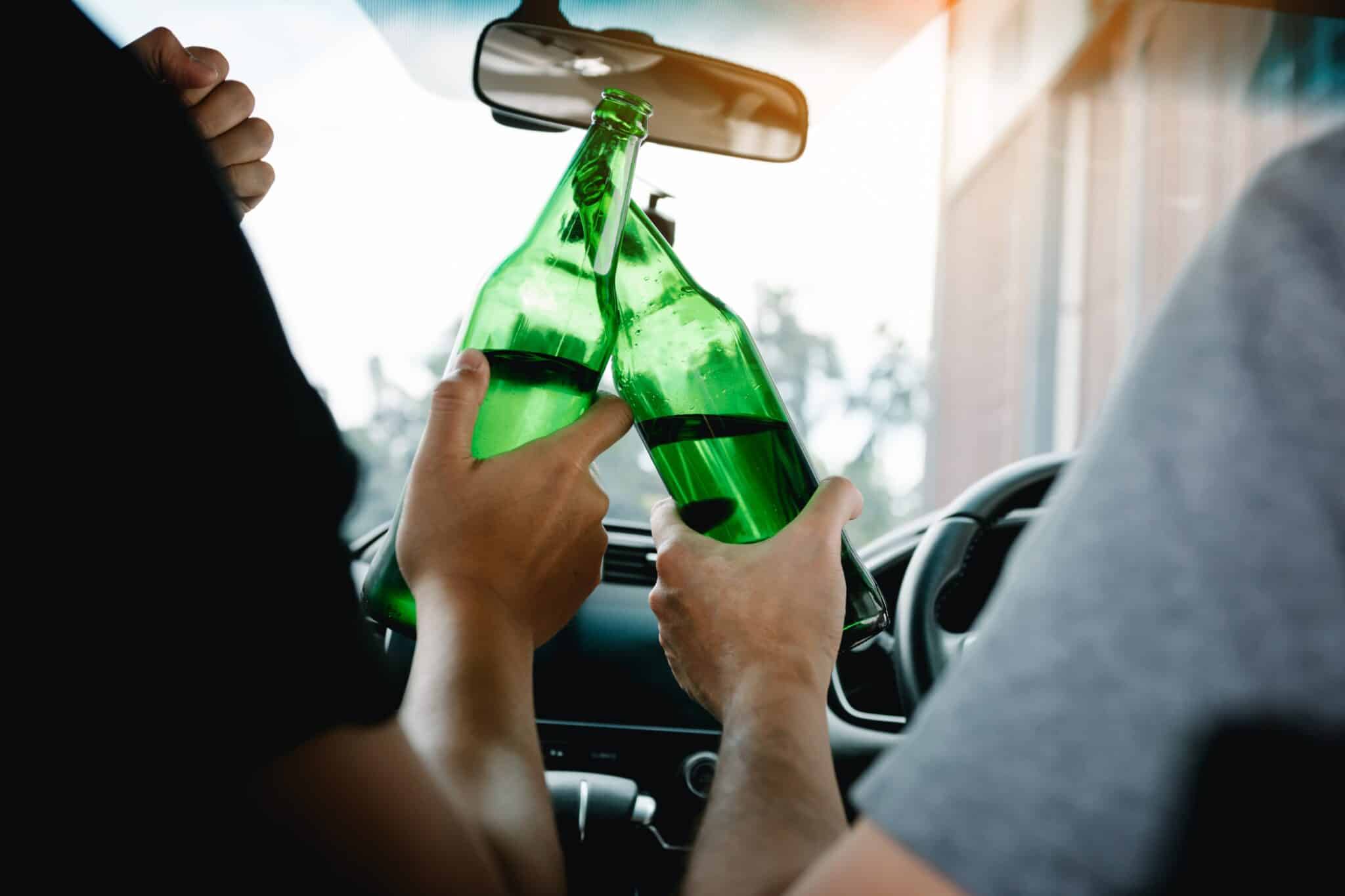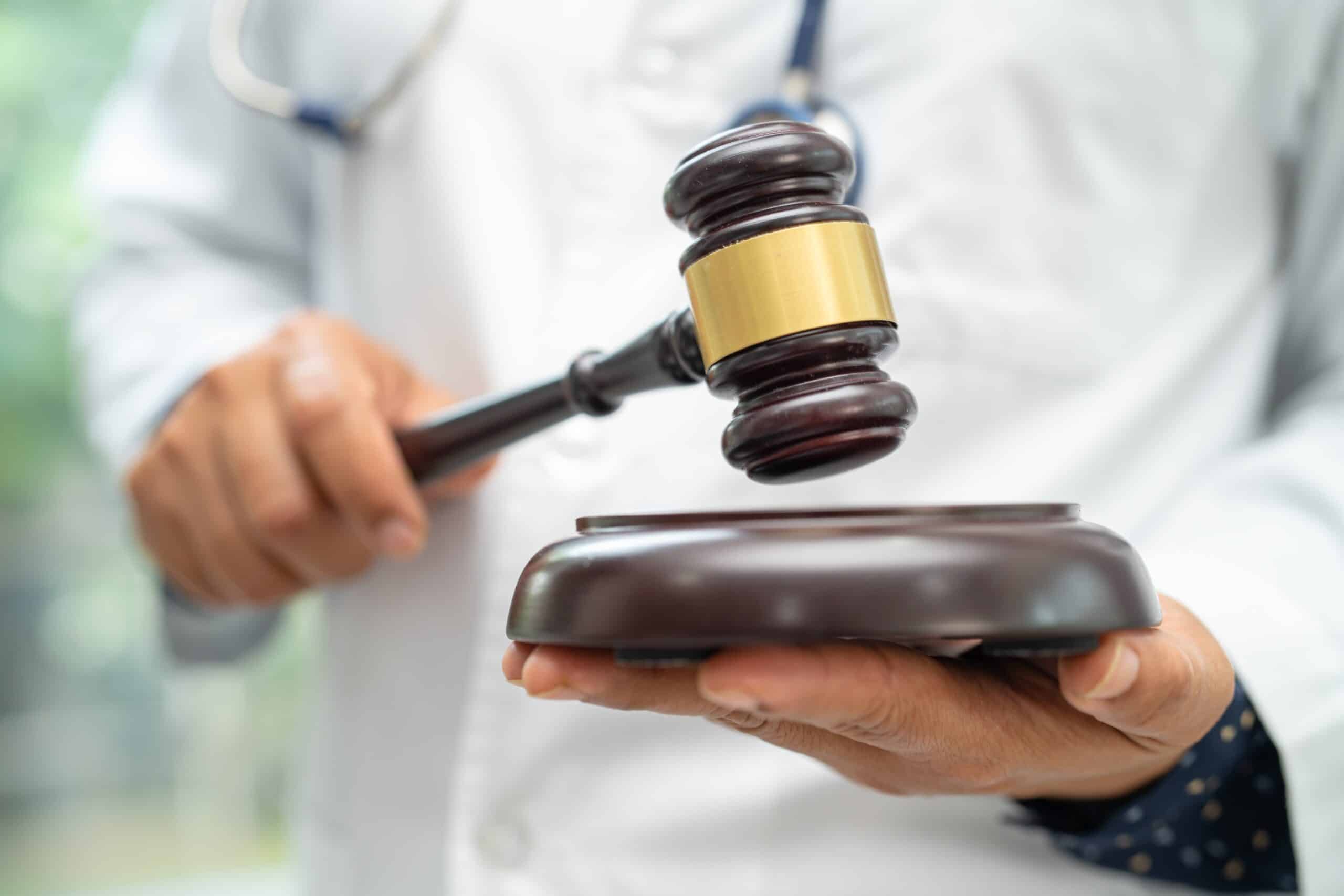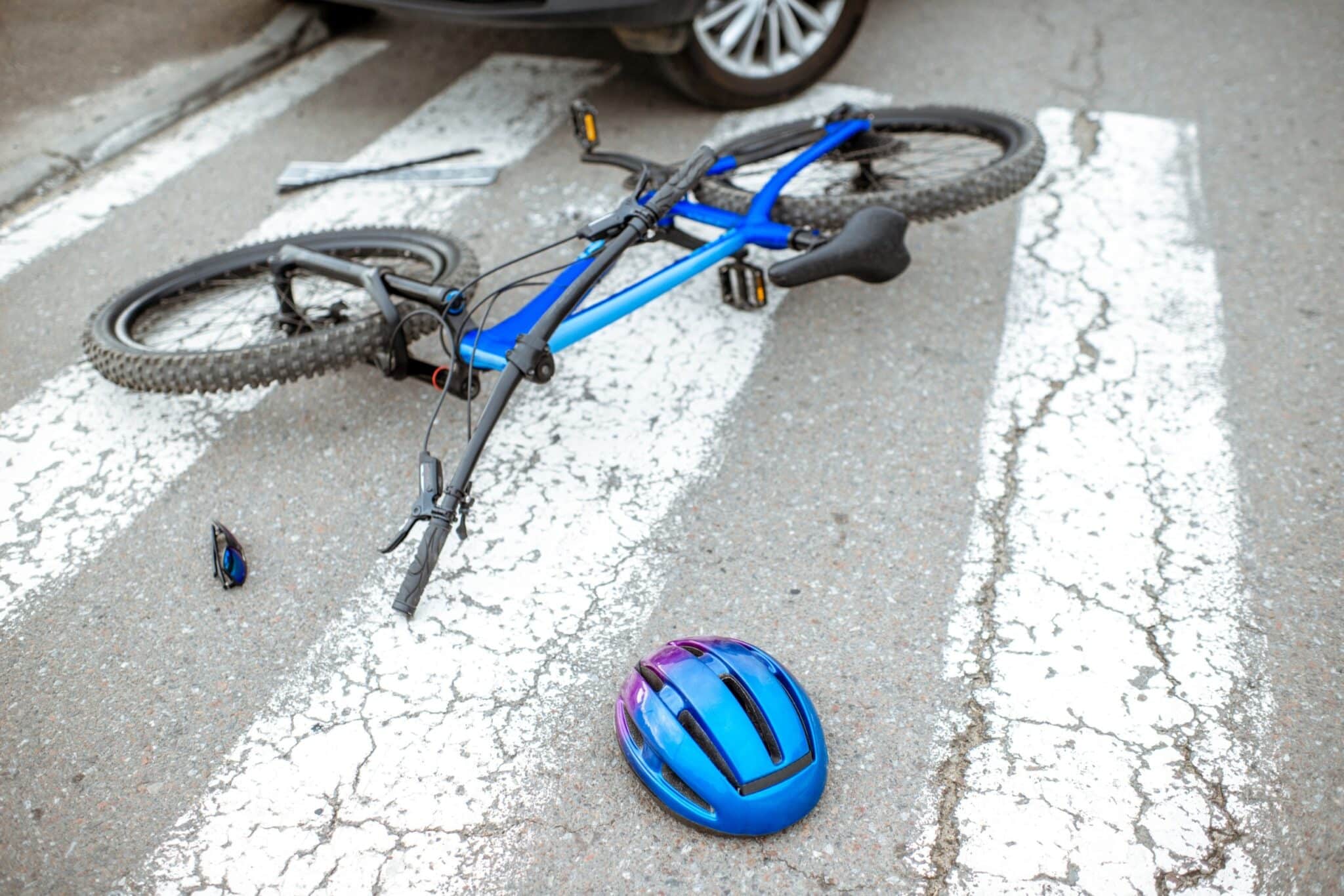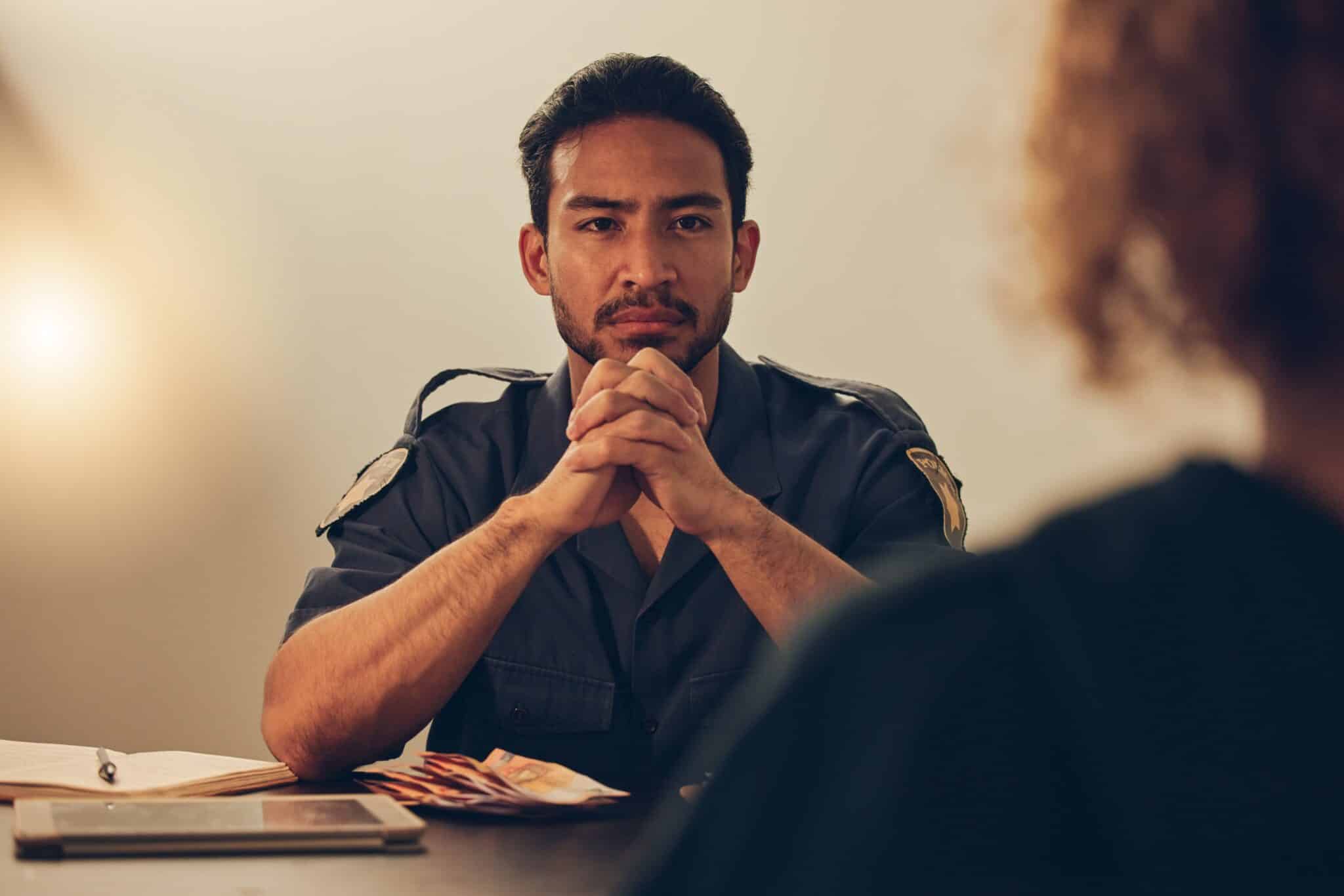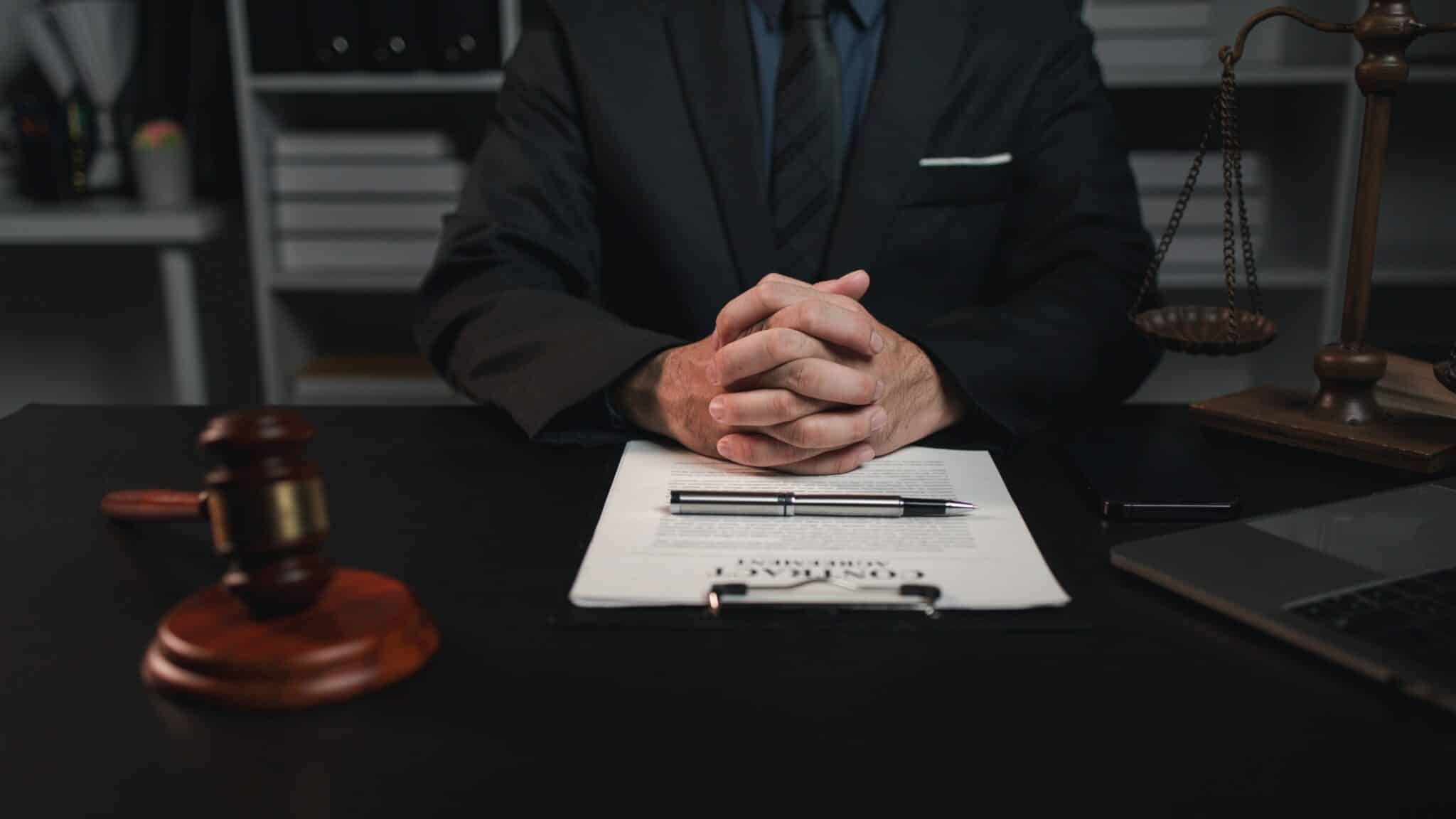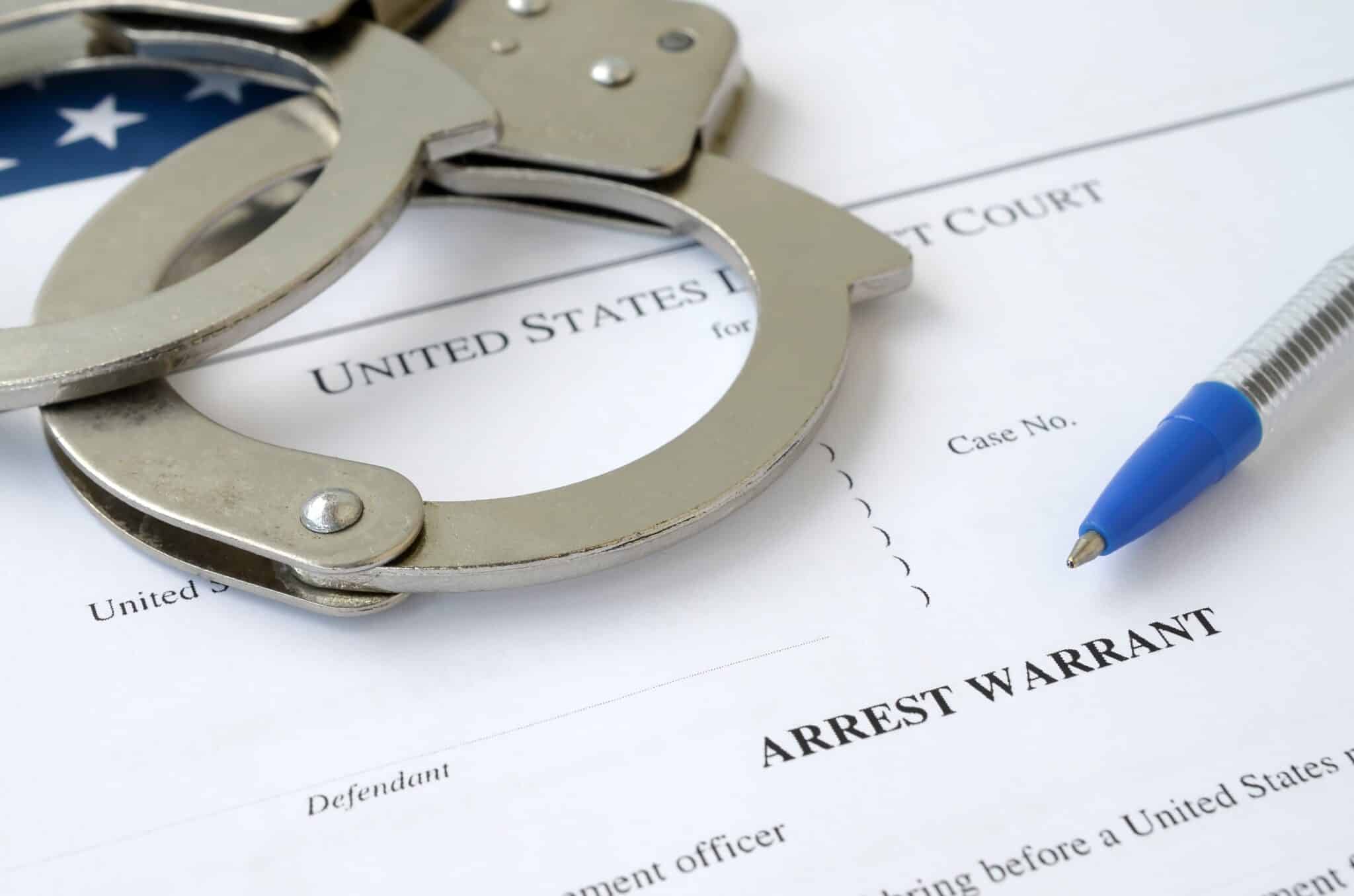Family law issues are often emotional and highly complex, impacting not just your life but the lives of those you care about most. Whether you’re dealing with a divorce, child custody disputes, or other family-related legal matters, the importance of having professional legal guidance cannot be overstated. Navigating these turbulent waters on your own can lead to costly mistakes, confusion, and added stress. In times like these, seeking the assistance of a skilled Family Law Attorney in Fort Lauderdale can provide clarity, ensure your rights are protected, and guide you toward the best possible outcome.
Recognizing when you need a family law attorney can be difficult, especially when emotions run high. However, there are clear signs that indicate it’s time to seek legal advice. If you’re facing any of the following situations, it’s crucial to consult with an experienced attorney to protect your interests and make informed decisions. In this article, we will explore the ten key signs that show you need a family law attorney right now.
1. You’re Considering Divorce
If you and your spouse have decided to get a divorce, a family law specialist should be sought as soon as possible. When you get divorced, it’s not just about breaking up, it’s about breaking up – there are assets to be divided, alimony to be paid, children who need homes and support, and much more. The legal system is a complex labyrinth, and those decisions can remain with you for a very long time.
A family law attorney can inform you of your rights, explain the procedure, and help you negotiate an equitable agreement. Whether you are going through a contested or uncontested divorce, having an attorney by your side can help protect your interests and rights throughout the process.
2. You’re Facing a Child Custody Dispute
When children are part of a family law case, the stakes are elevated. Suppose you are in the middle of a divorce or have another type of family-related legal matter that revolves around your children. In that case, it is essential to hire a lawyer who is well-versed in child custody law. A family law attorney will help guide you through the intricate rules of custody and visitation schedules to make sure your child’s best interest is taken into consideration.
In the case of a custody battle, an attorney can work to ensure that you don’t lose any of your parental rights. Whether you are seeking joint custody or sole custody, it can be a challenging process. Still, an experienced family law attorney will offer counsel to assist you in making the right decisions.
3. You’re Concerned About Domestic Violence
Domestic violence is a heinous crime that demands swift legal action. If you or your children are being abused or threatened with violence by a spouse, partner, or other family member, your priority should be to seek legal assistance. A family law attorney will be able to help you weigh your options, which could be applying for a protective order or other legal action to protect your family.
Additionally, an attorney can assist you with custody and visitation arrangements to ensure that your children are not exposed to harmful situations. Domestic violence cases are highly sensitive, and legal representation will ensure that you have the protection and resources needed to escape an abusive environment.
4. You’re Dealing With Alimony or Spousal Support Issues
If you’re the one looking for alimony or wishing to avoid it, a family law attorney can guide you through this subjective area of law. Alimony, or spousal support, is a financial contribution from one spouse to the other following divorce or legal separation. The quantity and duration of spousal support are determined by several factors, including the duration of the marriage, each party’s income, and the financial needs of each spouse.
Can I Get Support Where There Is an Alimony Dispute? They can further assist in the modification of an existing spousal support order if there has been a material change in circumstances — such as a job loss, or if the financial situation of either party changes.
5. You’re Dealing with Prenuptial or Postnuptial Agreements
If you’re getting married or are already married and require a prenuptial or postnuptial agreement, you need a family law lawyer. These legal papers protect the assets of both parties and provide an explicit parameter for if (heaven forbid) you should divorce or separate. There are several things to consider when drafting a prenup or postnup, including learning about state laws, protecting your assets, and ensuring that both parties receive equitable terms.
An experienced family law lawyer can assist you in preparing airtight prenuptial agreements that protect whatever you are concerned about, whether you are seeking protection of real estate, business interests, or just keeping your earnings as your own. They can also review any existing contracts and assist you in making any changes or updates you may need.
6. You Are Facing Legal Separation
Family law also encompasses legal separation, which is a complex and often confusing area of the law. It allows couples to separate and live apart while still being legally married. The grounds for adopting a legal separation and its consequences differ, but they can affect child custody, property division, and support. If you are thinking about a legal separation instead of divorce, a family law lawyer can explain your rights and obligations to you.
A lawyer can assist you through the process, ensuring your separation agreement is comprehensive. This could involve determining who gets what, who pays for certain expenses, and how support and child visitation will be handled during the separation.
7. You’re Involved in Adoption Proceedings
Adopting is a wonderful thing, but it’s also very complex legally. No matter if you go domestic or international, retaining a family law lawyer can help the process go more smoothly as well as faster, too. Suppose you are unsure of coverage laws and need assistance with the Mexican investment process. In that case, a lawyer can help you file the correct paperwork, submit to background checks, and ensure compliance with any legal requirements.
Further, if you are encountering problems during the adoption process, including disputes with adopting or birth parents, you will need the help of a family law attorney. They can make sure it proceeds swiftly and smoothly.
8. You’re Dealing With Paternity Issues
Establishing paternity is a critical step in the child custody and child support process. If you are a mother needing to set up paternity for the father of your child, or a father needing to establish your rights to your child, a family law lawyer can help.
The lawyer can help guide you through the legal aspects of paternity testing and how it may affect child custody, visitation, and child support. Paternity issues are often complex, and having an attorney protects your rights as a parent.
9. You Are Looking to Modify a Court Order
Life circumstances can change, and the original terms of a family law order may no longer be appropriate. Thus, whether it’s a matter of child custody, alimony payments, or child support, you need a modification because financial status, the place of residence, or other conditions have recently altered. A family law lawyer can help you as you seek the adjustment of current orders.
If you’ve had a change in circumstances that should adjust the child support up or down, or would like to have a new custody schedule, a lawyer can help you collect the evidence you need to make your case in court. Family law judges are hesitant to modify orders without good cause, so having an attorney can be in your best interest.
10. You’re Facing Complex Property Division
When a marriage breaks down, one issue can be particularly challenging: how to divide up the assets and liabilities. At the heart of this process is the identification, valuation, and equitable division of the property gathered during the marriage. If significant money is involved in any investments, business, or assets, a family lawyer is necessary to ensure a fair division.
A seasoned attorney will ensure that the property is divided by applicable law, whether through a settlement or in court. They’ll also help with concerns like taxes and how debt is divided fairly. High Net Worth Divorce. On the other hand, if you are going through a high net worth divorce or have substantial assets, experienced counsel must represent you to ensure a fair division of assets.
Conclusion
Family law issues can be devastating to your personal and financial future, so you must turn to an attorney for help when necessary. No matter if you are getting a divorce, trying to win child custody/visitation rights, seeking alimony, or want to prove paternity, family law lawyers can help take the mystery out of family law and get you the settlement you deserve. Suppose you need experienced and knowledgeable legal advice. In that case, A Family Law Attorney in Fort Lauderdale or a West Palm Beach Attorney can give you the assistance you need in dealing with these complexities. Help stand up for your future and make decisions with the help of an experienced and strong Carmel family law attorney.
